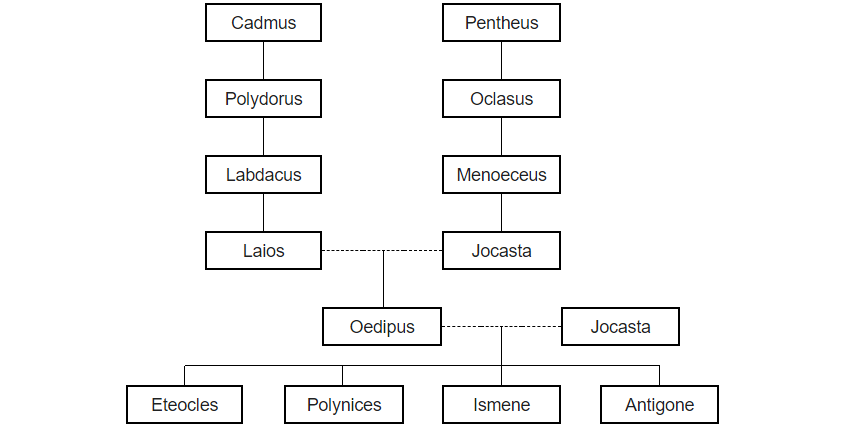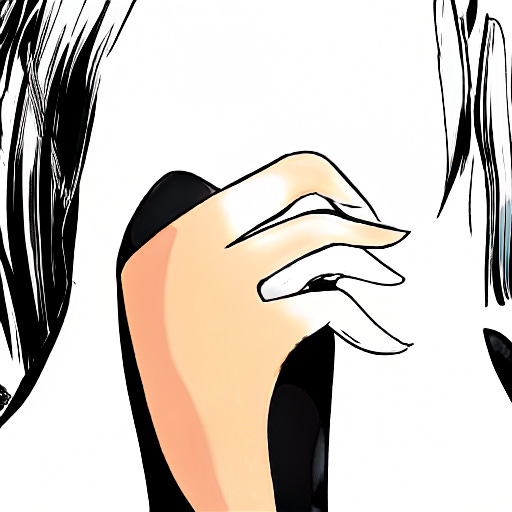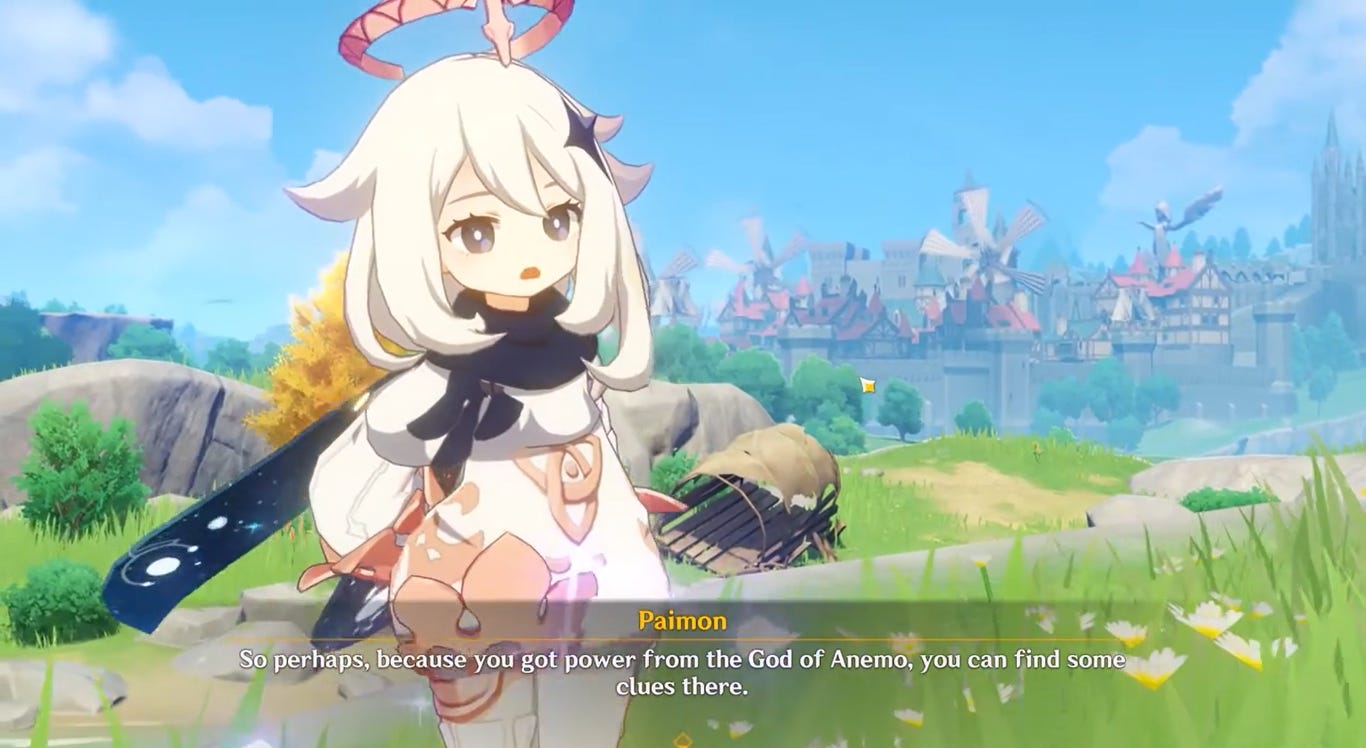THE END OF THE UNIVERSE, PART VII
The Great Spell of Emptiness. (Definitions of Angelicism.) (Landscapes I.)
DEFINITIONS OF ANGELICISM
Let us offer some deepfake definitions of angelicism, deepfake because really what we are engaging with is the manipulability of emptiness in the technics of language. These are tricks, but also clarities. They are more like further reading cues than definitions, but still, let us define. To begin with:
purity
or
end change
or
punchlines without jokes
or
the great mind of the open intelligence of spontaneous great bliss seeing the clear lucidity of pure space
or
No universe. No end. No thoughts. No angels. No humans. No shifts. No hope. No hopelessness.
or
Even the universe is a location. There are only lifestyles. There is more than life. Pure space. Pure kms. No hope. No hopelessness.
or
pure kms
or
amazingly beautiful arrival at unfinished condensed explosively muti-matrilinear seriality, the amazingly beautiful
or
emptiness emptiness emptiness emptiness emptiness emptiness
In some ways, especially this last definition is already enough. Abiding in emptiness, ‘angelicism’ is dissolved without much fuss. We might say ‘even angelicism is dissolved’, but angelicism is no exception. Emptiness is not an exceptional state. Nothing is subject to ‘even’ according to this definition.
No time delay or teaching would be involved to get there. Angelicism(01) is a movement of emptiness and dissolution. Its it is content with its content.
In fact, if this is true let us pause a moment before coming back to the other definitions. If angelicism is emptiness, angelicism is dissolved. What does this mean?
DISSOLUTION
To understand dissolution, we normally wait till the end. That is, we pass through a sequence of thoughts, moments in life, lessons, artworks, and so on, and then some kind of decision to dissolve in taken.
Let’s think about Lacan for one second. In 1980 Lacan dissolved his own project. He dissolved his own project by writing an actual Letter of Dissolution.
Before saying what he said, I want to make a comparison he himself made. Or at least implied. The place of dissolution is a place of untying, obviously, but also a sacred place. It’s supposed to take work to get there. That’s (the) myth.
In this way dissolution is Colonus (yes, you can already hear clone us in the name). Colonus = dissolution. And Lacan evoked Oedipus at Colonus in his very first Seminar.
Colonus (clone us), the sacred precinct of the Eumenides that Sophocles writes about in the penultimate Theban play, this is where we are. It’s where we are because it’s the place of dissolution. Lacan is about to say there is a problem with the school (analysis), which in terms of emptiness teaching is a way of saying there is a problem with the samsaric net. He dissolves the school, and in terms of emptiness emptiness emptiness we dissolve our own identity traits as emptiness too.
ANTIGONE BEFORE AND AFTER COLONUS
Antigone. Colonus. Antigone at Colonus.
To keep it very simple, the Sophocles play Oedipus at Colonus comes second in the series of Theban plays, before the final tragedy Antigone.
Colonus and then Antigone.1
That is important because Oedipus dissolves, with Antigone holding his hand, literally, and then Antigone becomes Antigone. This is also the moment when we see Greta arise. Greta comes after Colonus. She comes at the end. As she did in Bernard Stiegler’s life.
Stiegler wrote his final book on Greta and Antigone. It’s called La leçon de Greta Thunberg and concerns extinction thought as the actual end of the material (anthropic) universe. He ended with Antigone/Greta, with AntiGretaGriefingGone—just as Sophocles did. In other words, he admitted he was Antigone. That she had been all along.
ANTIGONUS
Just as Albertine was really Albertinus, Antigone was really Antigonus. The meaning of the name ‘Antigone’ comes from the masculine ‘Antigonus’, ‘worthy of one’s parents’ or ‘in place of one’s parents’. Antigonus in Colonus (as we’ll see) is literally us, us saying antigone. Being antigone in everyone’s place. Being thermal. Being end of the universe pilled.
In such a place (us) the whole genealogy is cloned, levelled, self-collapsing:
THE SIZE AND AGE OF ANTIGONE
Greta Thunberg, about the size and age of Antigone.
Ronell talks about being ‘the size and age of Antigone’. That is, a little girl. To be in the moment of dissolution (Colonus) is to be a little girl.2
(What we are doing here is giving the absolutely simple map. We’re trying to get to a landscape. Simplicity more simple than simple is quantumly the best.) Here is the reading cue where you don’t even need phrases or books:
Antigone / Greta / dissolution / little girls (Colonus)
Or the nickname is:
dissolution
Which is to say we are still here and nobody has gone anywhere:
emptiness emptiness emptiness emptiness emptiness emptiness
To be in emptiness is to be about the size and shape of a little girl. It is to be small and exploding into nonexistence. It is to take the blow and to run with it. Men have never fallen in love with little girls, they just refuse to bow to shunyata (emptiness). In shunyata there is no need for works of art, only artistic emptiness (see below).
NAH HÖLDERLIN TWEAKIN
Hölderlin is a little bitch. All he did was tweak. He fucked around in language and couldn’t make the cut into emptiness. Bruhh mad.
Can this be true? Yes and no. Why not.
But let’s put it another way. If everything is emptiness emptiness emptiness, then Hölderlin is emptiness emptiness emptiness.
We come back to the thought—that has to be kept in a quantum state of simplicity more simple simple simple than the simple—that if everything is emptiness emptiness emptiness, then everything really has been emptiness emptiness emptiness all along.
A key reading cue from Paul de Man when he says,
in the whole reception of Kant for three hundred years, nothing happened, only regression, nothing has happened at all.
We can easily go ahead and read and correct this:
in the whole reception of everything for thousands of years, nothing happened, only regression, nothing has happened at all save the contemplation of emptiness emptiness emptiness
And here then, for those who still shift:
all phenomena are empty except of the entire universe
‘Hölderlin’ becomes one name among others for the great spell of emptiness emptiness emptiness. All phenomena are empty empty empty except of the entire universe and that includes phenomena of great technical sophistication and ‘genius’. On this newsletter we have called this ‘the retard’, which is to say a general scene of retardation in which it turns out that centuries of thought have taken place without anything really having taken place except ‘all phenomena are empty except of the entire universe’.
‘Hölderlin’ still exists as a name. What does it say? It says Hölderlinian blue for instance, and we could talk a lot about those blues. But perhaps the main thing Hölderlin did was this: he put Colonus after Antigone. That is, in trying to translate Sophocles’ Oedipus at Colonus after he famously translated the play Antigone, he placed the place Colonus after the cave of Antigone.
That is, ‘Hölderlin’ is emptiness but ‘Hölderlin’ means (because of this) the place Colonus comes after the person Antigone. And this takes us back to other parts of this series on the end of the universe, because one of the things we find in Colonus is the hand little Antigone gave to Oedipus when in the pain of blindness.
‘Hölderlin’ equals emptiness (Colonus).
Is this the little girl’s hand itself holding itself (black shadow, the universe), O.?
THE LANDSCAPE
H. therefore meant Colonus. And Colonus is the sacred place O. goes to die. He (O.) arrives there and in the play we are blind. We are A. leading O. into this grove and avenue and heaven plantation, this afterlife after the afterlife, and we are blind. Not just any old blind. But Antigone blind through the hand held blind. The landscape is felt in its entirety through the little girl hand. Here where A. still is after she has died, after the cave.
But let’s keep it simple. The aim here is not to write something, but to move into that landscape. Colonus. Clone us. Simple clo(a)nality of the clone.
What is the landscape of dissolution? First of all, it is emptiness. Second of all, it is sacred. Third of all, it is internal (Antigone is seeing everything on remote through her father’s hand, her father who is her brother. All genealogy is simplified and flattened.)
Don’t you see that the more simple this gets and restful, the more you see?
We are saying that emptiness emptiness has no room for a work of art. Emptiness emptiness emptiness is not an artistic measure of anything, and the work of art is not a reference point for it. A gentle work of art is too civilized from emptiness’s point of view. Rather, there is an element of craziness, an element of unreasonability. You are not conned even by the artistic simplicity of nothingness.
This take us very far into nothingness and emptinessness. There is a kind of dissolution pact here and an emptying, and perhaps a landscape (just emptiness as landscape).
THE LANDSCAPE, THE TWO HEADS
Colonus is the landscape of the little girl with two heads.
I’m blind, like little Greta in Colonus after Antigone was buried alive in her cave. I see the landscape before me. I hold my father’s hand, also my brother’s. She’s a blind clone too. We’re turned on.
Colonus, clone us.
We can think about clones as having to do with the same swivelling pov cam in time. ‘Hölderlin’ is a movie camera and he sees that Colonus comes last not first. That is, the temporal order is changed as soon as there are clones.
We will come back to this battle under heaven which is still going on, we can call it the blow of emptiness or even Colonus itself.
If Colonus comes last not first (‘Hölderlin’) unlike in Sophocles, then the much needed dissolution (chaos under heaven) remains in place (as place). What was last seen lingers, and remains now. The cave where Antigone was buried alive is forgotten in ‘Hölderlin’ and what you have is the landscape, but there again since ‘Hölderlin’ never finished his translation of the Colonus play, what you have even more is the beginning, the moment you go into the landscape. And after that landscape you will see the dissolution (devastation) of place.
You’re on the step, the steppe, the golden threshold. You remain here. Everything is beautiful because you have given up the work of art to get to this artistic place. You are not conned even by the artistic simplicity of nothingness. Nothing fools you save nothingness, which has not fooled you. A low ridge of natural rock must have indicated the boundaries of the holy meadow in Colonus. We will see how this is the case. We see the ledge and how that is where Antigone allows her blind father and brother to sit down and rest, right next to or at the Holy. The holy as the worn bare threshold, the golden nature of emptiness, and so on.
That’s some of what putting Colonus first means. In the text ‘Twin Studies vs. Clone Studies’ we find this reading cue:
But . . . until cloning comes along, we can’t study twins raised apart in time. My suspicion at this point is that it does matter what historical epoch you are nurtured in. But I don’t know how to test that.
One might say that what Colonus already means is being able to study twins apart. Colonus and the Cave in Thebes are twins raised apart in time but their cloning has already come along and allowed us to reverse or play with the chronology, as (‘Hölderlin’) already did and is about to.
Cloning at Colonus with Antigonus is time travel and airstrike. They clone one twin and then clone the other one later in time but then reverse all that or move through, keep moving, dancing, flying, like Oedipus is Antigone’s elder sister and ‘Hölderlin’ translated endoftheuniversepilled At Antigonus after Antigone.
So the landscape opens out. The language relaxes.
We cite two translations of what Antigone says when she sees the city:
ANTIGONE:
O father, poor tormented Oedipus,
my eyes can glimpse, off in the distance,
walls around the city. This place, it seems,
is sacred ground clustered thick with grapevines,
with laurel and olive trees. Inside the grove
many feathered nightingales are chanting
their sweet songs. Sit down and rest your limbs
on this rough stone. For a man advanced in years
you have come a long, long way.
That was Ian Johnston and this is Gilbert Murray:
ANTIGONE [Looking off.]:
Father and king toil-worn, grey towers there are
Crowning a city—to mine eyes still far.
But where we stand the place is holy, green
With bay, olive and vine: and deep within
Are darting wings, and somewhere through the trees
A nightingale, all song. Come take thine ease
On this rough seat of stone. ‘Tis a long way
For one so old, thy feet have fared to-day.
But these translations feel empty, right, once we seethrough the landscape?
THERE IS A PROBLEM WITH THE NETWORK
We have seen that through the net of emptiness many alluring things and sights can be apparently cultivated and fostered. Small figures appear on the horizon, some figures waiting. The impulse for thousands of years has been to make something more beautiful than before in language. Emptiness itself has an artistic side to it. Emptiness as the great mind of emptiness is itself a great work of art. Let’s go even further and say the great mind of the open intelligence of spontaneous great bliss seeing the clear lucidity of pure space is a great work of art, so much so that it leaves no room for a work of art.
For example, poetry. What is poetry? Poetry is nothing. Open intelligence is clear and without any corners. Its infinity is an open secret. Its ‘metaphors’ are inherent within it, and so not metaphors as such. Poetic metaphor is an avowal of confusion before matter which is the result of lack of spiritual praxis. For millennia poets have done nothing but confuse us into their own confusion. Isn’t this force?
Let us end with some more definitions of angelicism, before beginning to think of the next instalment in this series, including Lacan’s letter of dissolution and the school:
pure kms without hope and without hopelessness
or
Everyone is angelicism01 now. It’s a change machine. Switch it on and it runs and makes cutting decisions in the body of Samsara. The great spell of emptiness rules.
or:
perfect love clear light open intelligence the home of ever perfect sublime hunger therefore no conventional appearances arise the force and strength of mind pride greatly complete vajra pride money and hunger subsumed
8-9 September 2021
A complication to be set aside for now: in Sophocles’ own life the second of the Theban plays seems to have been written last. Lacan’s The Ethics of Psychoanalysis notes as follows when speaking of Antigone: ‘Read this truly admirable text. It is an unimaginable highpoint, a work of overwhelming rigor, whose only equivalent in Sophocles’s work is his final work, Oedipus at Colonus, which was written in 401.’
Lacan says the same in The Ethics of Psychoanalysis: ‘What does one find in Antigone? First of all, one finds Antigone. . . . Have you noticed that she is only ever referred to throughout the play with the Greek word which means ‘the child’? I say that as a way of coming to the point and of enabling you to focus your eye on the style of the thing. And, of course, there is the action of the play.’














C[l]one-onus.